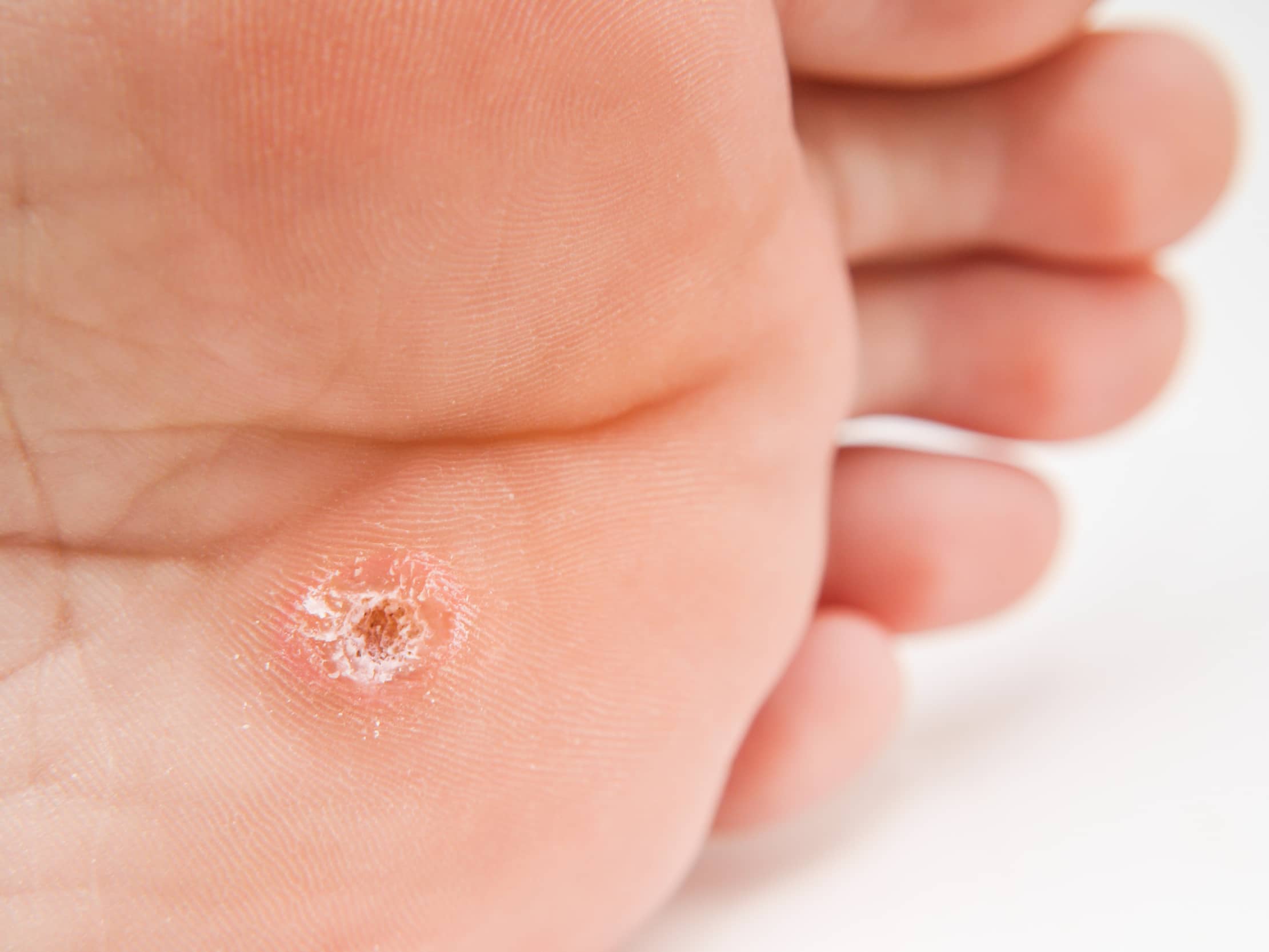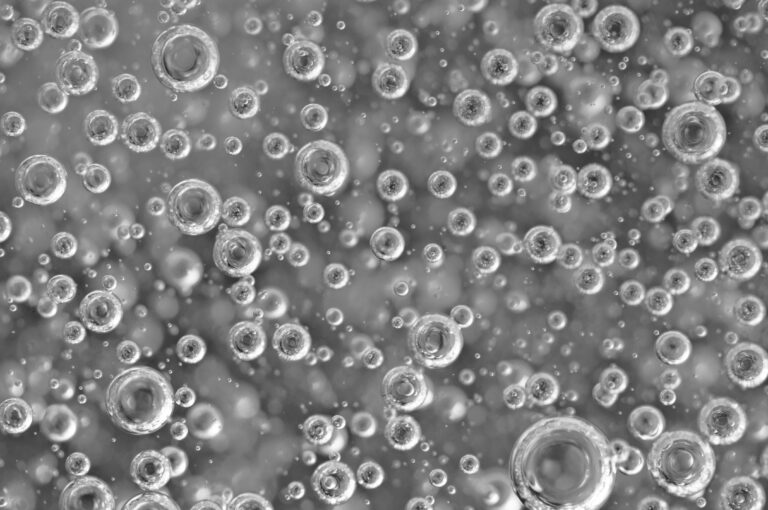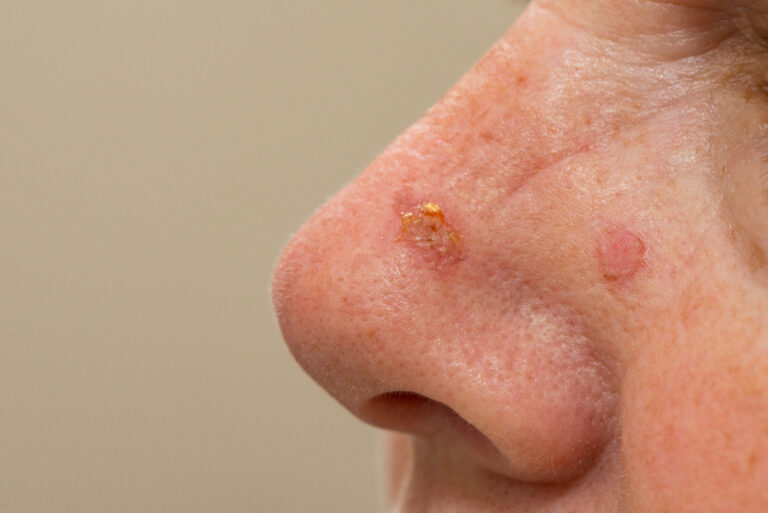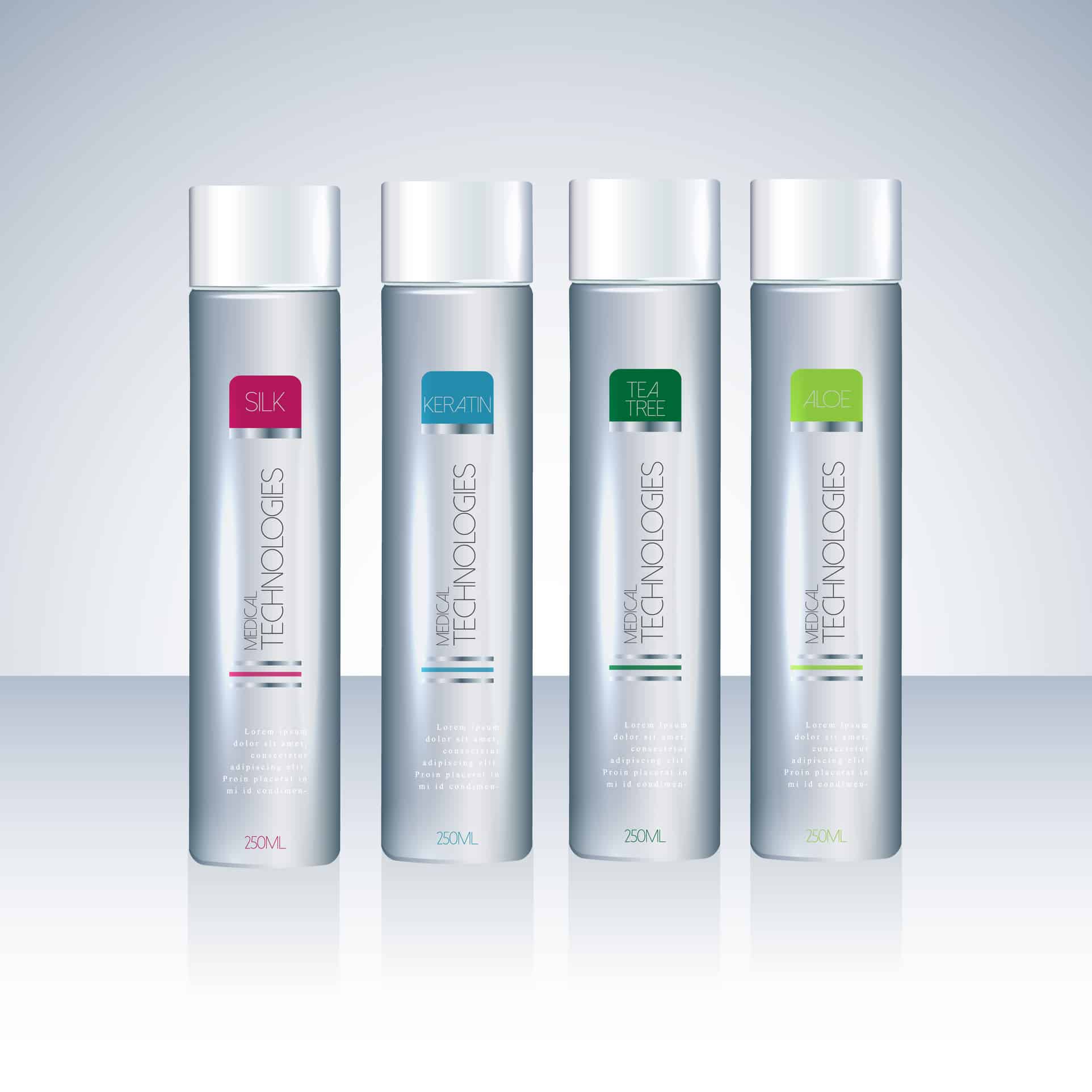Warts
There is a lot of advice available on how to get rid of warts: let a snail crawl over them, rub them with toothpaste, treat them with your own urine or rub them with a clove of garlic. However, whether a wart needs to be treated immediately depends on individual circumstances. Wart viruses Wart viruses…
Water-in-oil emulsions – structure, stability and high-end sensory properties
Water-in-oil emulsions are among the most sophisticated yet powerful emulsion systems in modern cosmetics. While O/W systems dominate the market, water-in-oil emulsions come into their own wherever protection, water resistance, barrier care and a particularly luxurious skin feel are required. What makes a water-in-oil emulsion unique? A water-in-oil emulsion consists of finely distributed water droplets…
We develop your cosmetic products
Do you have an idea for innovative beauty and care products? We develop your cosmetic products! It’s not just celebrities and so-called influencers who dream of launching their own cosmetic products. Anyone who is interested in beauty and skincare and is familiar with the range currently on offer has probably toyed with the idea and…
What really helps against keratosis pilaris (chicken skin)?
Introduction Keratosis pilaris or the term ‘chicken skin’ immediately conjures up images of unpleasant, rough, pimple-like patches of skin. It mostly affects the upper arms, thighs or buttocks. The small, firm bumps resemble the skin of a plucked chicken, which is why the colloquial name has become established. The medical terms are keratosis pilaris or…
What we do differently as animal cosmetics manufacturers at Tojo Cosmetics
The market for animal care products is growing rapidly and many are looking for a suitable manufacturer of animal cosmetics. At the same time, it is only very loosely regulated by law. Many suppliers are exploiting this very gap. As a manufacturer of animal cosmetics, we see products every day that appear to be high…
What we do differently at Tojo Cosmetics as a pet cosmetic manufacturer
The market for pet care products is growing rapidly and many are looking for a suitable pet cosmetic manufacturer. At the same time, it is only very loosely regulated by law. Many suppliers are exploiting this very gap. As a manufacturer of animal cosmetics, we see products every day that appear to be high quality,…
When light causes damage – solar keratoses
Solar keratoses are caused by chronic light damage to the skin from ultraviolet (UV) radiation. They are therefore sometimes also referred to as sun keratoses. This skin change is accompanied by a cornification disorder of the uppermost skin layer, which causes the characteristic appearance of actinic keratoses. How can solar keratoses be recognized? Solar…
White Frangipani
Plumeria alba, commonly referred to as White Frangipani or simply Plumeria, belongs to the dogbane family (Apocynaceae) and is predominantly found in India, the Caribbean islands, and South America. In India, it is also recognized as the “temple tree” due to its frequent presence in the vicinity of religious structures. This petite tree can reach…
White label cosmetics – quickly create your own brand
There is a strong desire to have your own cosmetics brand. However, traditional product development is time-consuming, costly and risky. This is precisely where white label cosmetics offer a strategic advantage: marketable, tested products are available that can be sold immediately under your own brand – without the need for months of development or overcoming…
Why close cooperation with Cosmacon pays off for raw material suppliers
Big samples, big business: Why close cooperation with Cosmacon pays off for raw material suppliers As an independent development and concept laboratory, Cosmacon has been working at the interface between brands, raw material chemistry, and production for many years. For raw material manufacturers and distributors, close cooperation with Cosmacon means far more than just sharing…







